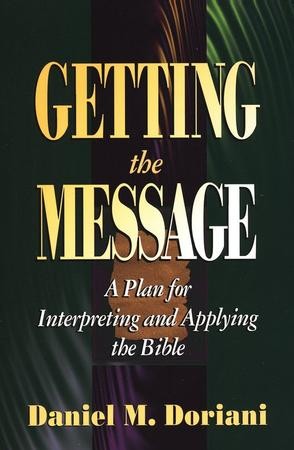Wonderkins
Puritan Board Freshman
This may seem like an elementary topic to some, it's one I'm currently struggling with. I've never really excelled at Bible study. Can anyone walk through some basic methods? I'm a lay person that doesn't know Greek or Hebrew. I need a shove in the right direction.
So I've got my Bible, pen and paper for whatever notes I might think of taking. I've just read Romans 1. I maybe read it again. I stop to think about what I've read. Now what? What's your next move?
Am I missing any resources?
Hopefully any answers will be helpful to others as well.
So I've got my Bible, pen and paper for whatever notes I might think of taking. I've just read Romans 1. I maybe read it again. I stop to think about what I've read. Now what? What's your next move?
Am I missing any resources?
Hopefully any answers will be helpful to others as well.


